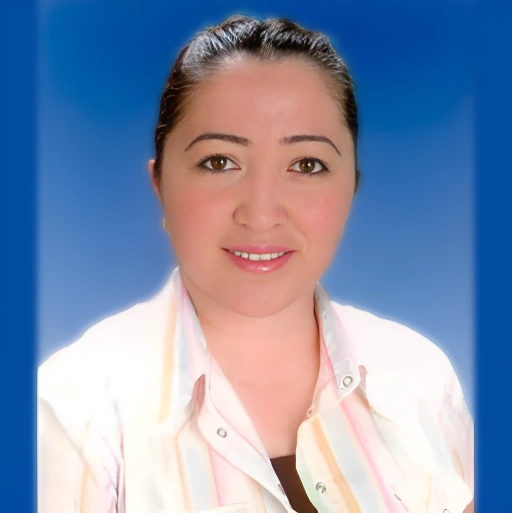Yazarlar (6)
Prof. Dr. Ülken Tunga BABAOĞLU
Kırşehir Ahi Evran Üniversitesi, Türkiye

Kırşehir Ahi Evran Üniversitesi, Türkiye
Prof. Dr. Makbule ERDOĞDU
Kırşehir Ahi Evran Üniversitesi, Türkiye

Kırşehir Ahi Evran Üniversitesi, Türkiye

Hacettepe Üniversitesi, Türkiye

Çanakkale Onsekiz Mart Üniversitesi, Türkiye
| Makale Türü | Özgün Makale (ESCI dergilerinde yayınlanan tam makale) | ||
| Dergi Adı | Pollution | ||
| Dergi ISSN | 2383-451X Wos Dergi Scopus Dergi | ||
| Dergi Tarandığı Indeksler | E-SCI | ||
| Makale Dili | Türkçe | Basım Tarihi | 01-2022 |
| Cilt / Sayı / Sayfa | 8 / 1 / 57–67 | DOI | 10.22059/POLL.2021.325240.1112 |
| Makale Linki | https://jpoll.ut.ac.ir/article_84846_c2de4baae9c9b797404630c4e7ea9862.pdf | ||
| Özet |
| Air pollution damages children's health in many different ways, through both chronic and acute effects. The aims of our research are to reveal the indoor air quality levels in schools. Subject and indoor air measurements were performed in 34 primary schools located in the Central Anatolia region. PM10, PM2.5, CO2, CO, CH2O, relative humidity, temperature, and total bacteria and fungus levels were measured. In the urban region, mean PM1 was higher than the other regions(p=0.029). PM10and PM2.5were higher in schools in rural areas. According to CO2measurements, only one school was identified to be below the upper limit recommended by the WHO. Total microorganism concentration was exceeded in 44.1% of classrooms. Indoor PM1, PM2.5, PM10, CO2, total bacteria and fungus levels were high and above recommended limits. Human activities, movements of students could be considered the most important indoor factors for particle matter increase. Indoor parameters could be lowered by organizing the school environment. |
| Anahtar Kelimeler |
| Air Pollution | Children | Dust | Particular matter | Respiratory diseases |
| Atıf Sayıları | |
| SCOPUS | 11 |
| Google Scholar | 11 |



